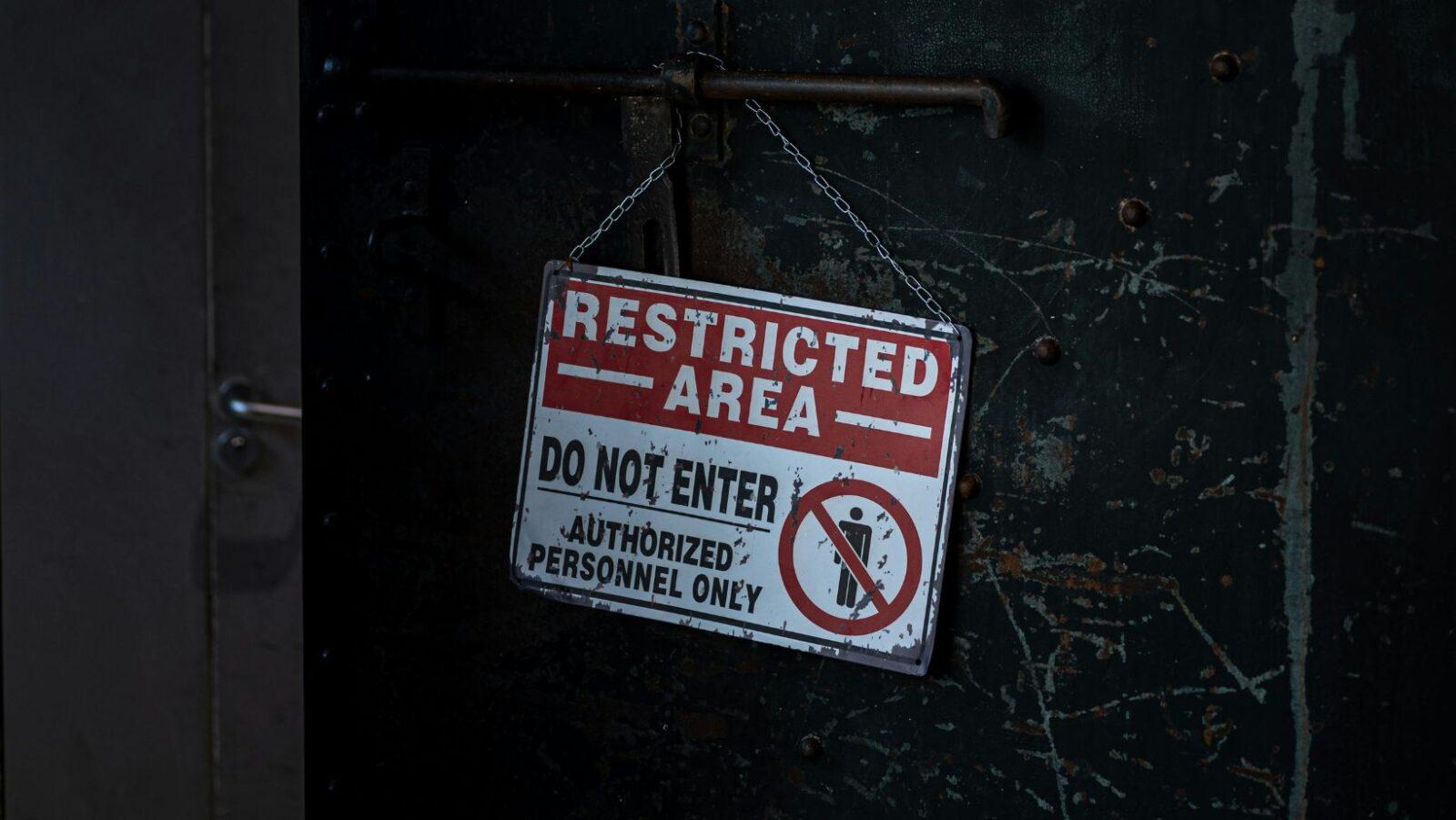•A new study from Denmark reveals no link between the measles vaccine and increased autism risk.
•The researchers looked at records from over 657,000 children born in Denmark.
•In the Philippines, there are over 13,000 reported measles cases (based on February 2019 data).
A massive new study of 657,461 children reaffirms what scientists and experts have been saying time and again: that the measles, mumps and rubella (MMR) vaccine does not increase children’s risk of developing autism.
No link
Published in the online journal Annals of Internal Medicine, the study is currently one of the largest of its kind.
Funded by the Novo Nordisk Foundation and the Danish Ministry of Health, the authors looked at data on children born in Denmark between 1999 and 2010. The study population included around 6,500 children with an autism spectrum disorder (ASD) diagnosis.
The researchers examined and interpreted the data in terms of increased autism risk across various groups (boys, girls, children who develop “regressive autism” upon aging, and children with siblings who developed autism). They also looked at whether the children received other vaccines, their disease risk scores, and their birth years.
Across all of these categories, the researchers found no link between receiving the MMR vaccine and an increased risk of developing autism. As a matter of fact, the data showed a slightly lower risk of autism in both girls and in children born between 1999 and 2001 who received the vaccine.
Conversely, the authors found that boys, children born from 2008 to 2010, children without early vaccinations, and children with siblings with autism are at higher risk.
Other factors that contributed to increased autism risk are a preterm birth, a low birthweight, having older parents, or the mother smoking during her pregnancy.
“The study strongly supports that MMR vaccination does not increase the risk for autism, does not trigger autism in susceptible children, and is not associated with clustering of autism cases after vaccination,” the authors concluded.
Debunking a fraudulent study
This large-scale research effort is the latest in a long series of studies debunking the notion that the MMR vaccine may increase children’s risk of autism.
The idea blew up because of a 1998 study by a now-discredited former doctor named Andrew Wakefield. His paper claimed that the MMR vaccine was linked to autism and bowel disease. This was allegedly based on findings from 12 children with developmental delays, eight of which had autism.
However, due to Wakefield’s numerous conflicts of interest–including the fact that he held a patent for a measles vaccine he worked on before his study–the peer-reviewed medical journal The Lancet pulled out the fraudulent paper.
The Philippines is among the countries with the largest number of cases in this year’s measles outbreak. Data from the United Nations International Children’s Emergency Fund (UNICEF) states that there are over 13,000 measles cases from the Philippines. The Department of Health (DOH), like other health agencies across the world, points to anti-vaccination sentiments as the one of the biggest reasons behind this surge in measles cases.
Cover photo: Bryan Snyder/Reuters
Reference:
- https://annals.org/aim/article-abstract/2727726/measles-mumps-rubella-vaccination-autism-nationwide-cohort-study
- https://www.livescience.com/64909-measles-vaccine-not-linked-to-autism.html
Author: Mikael Angelo Francisco
Bitten by the science writing bug, Mikael has years of writing and editorial experience under his belt. As the editor-in-chief of FlipScience, Mikael has sworn to help make science more fun and interesting for geeky readers and casual audiences alike.







